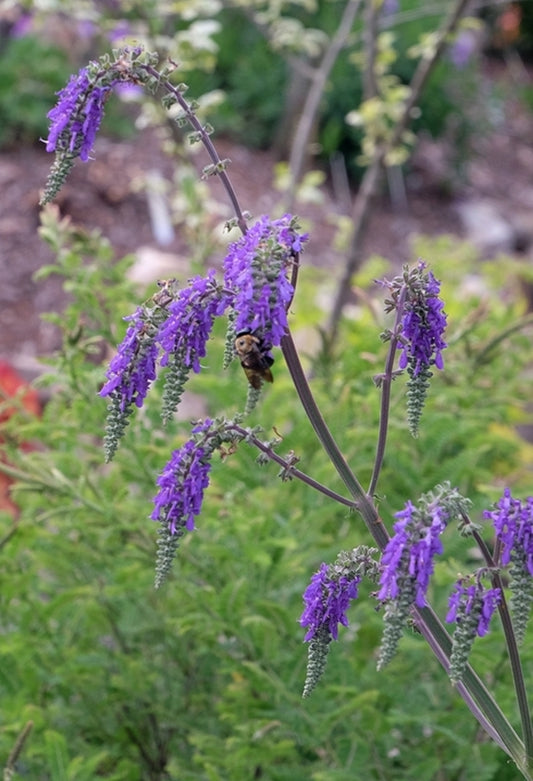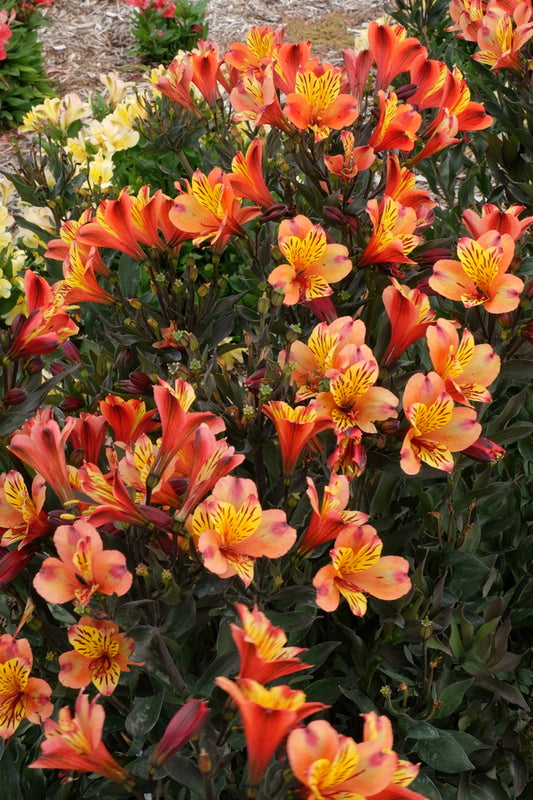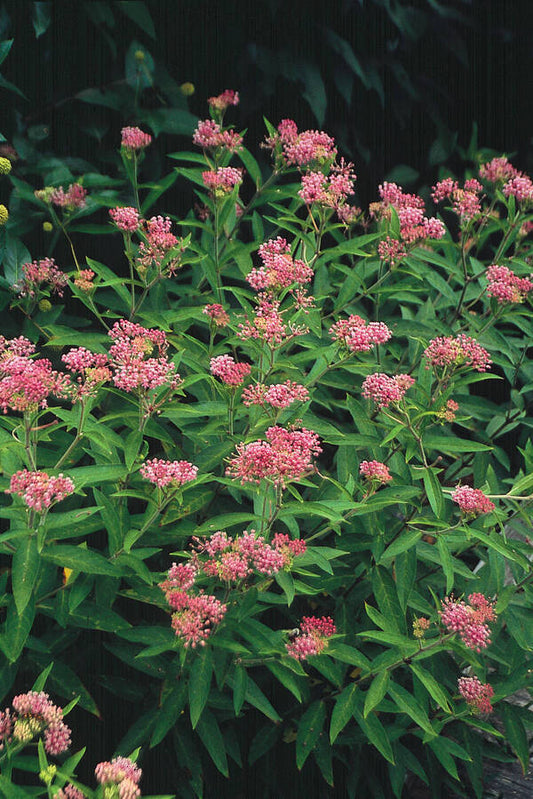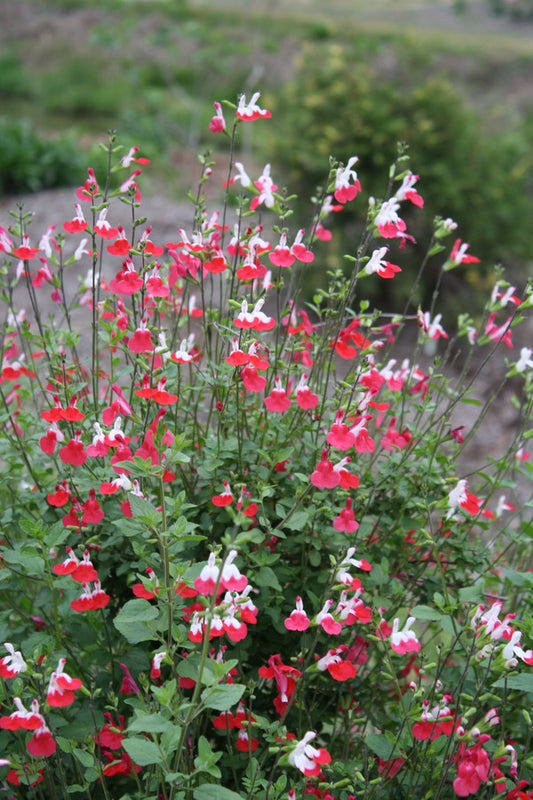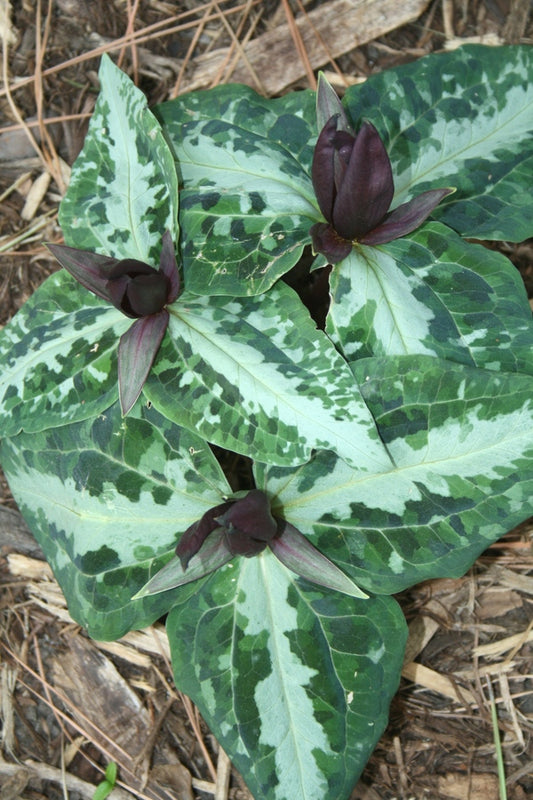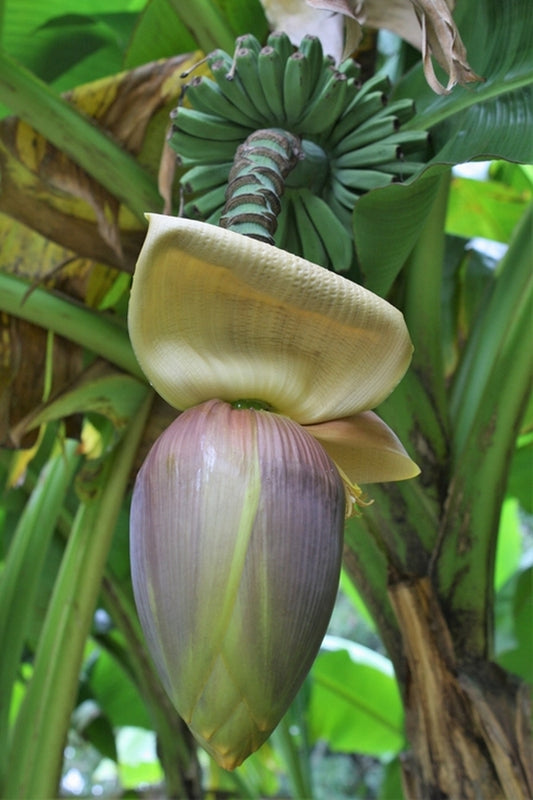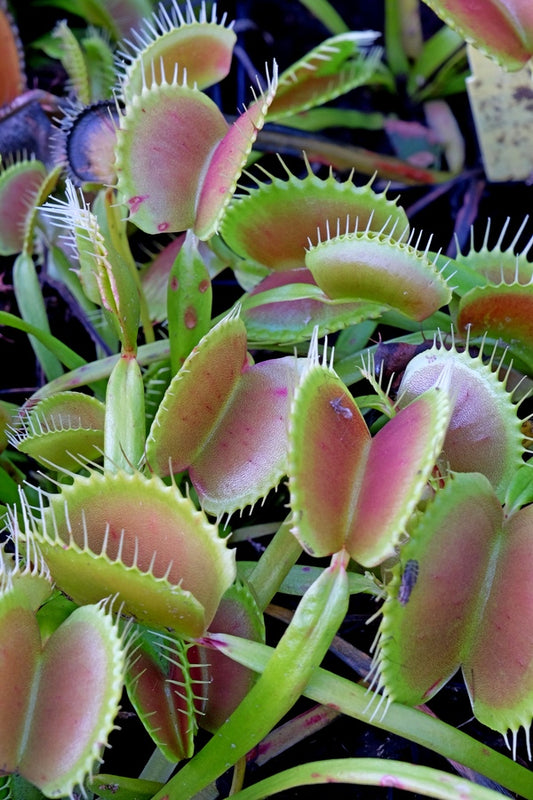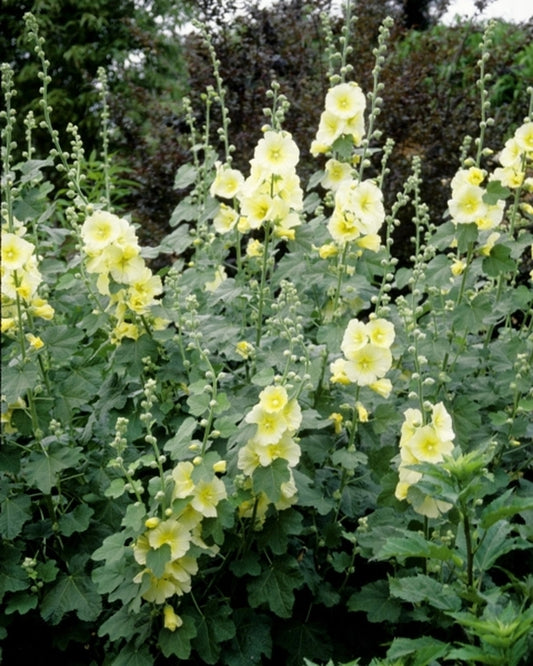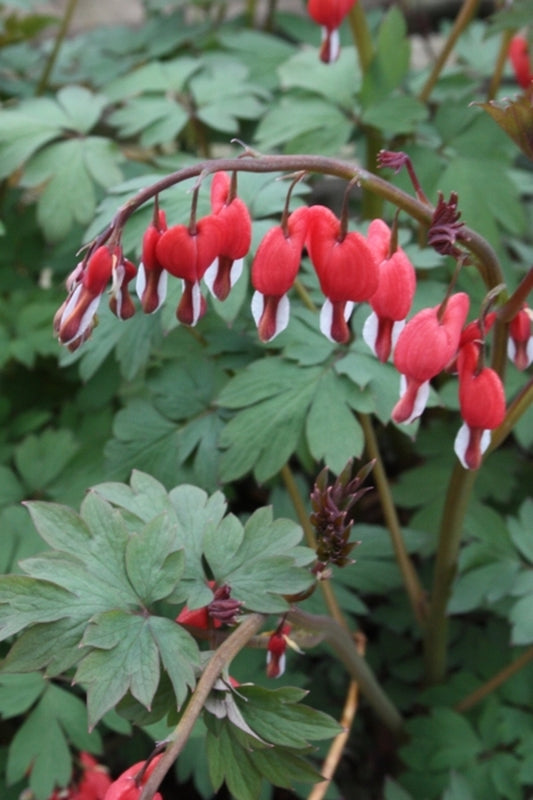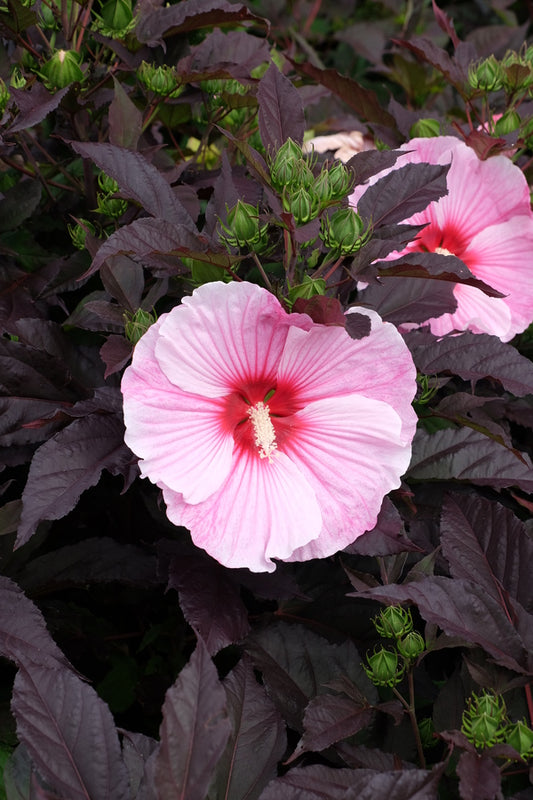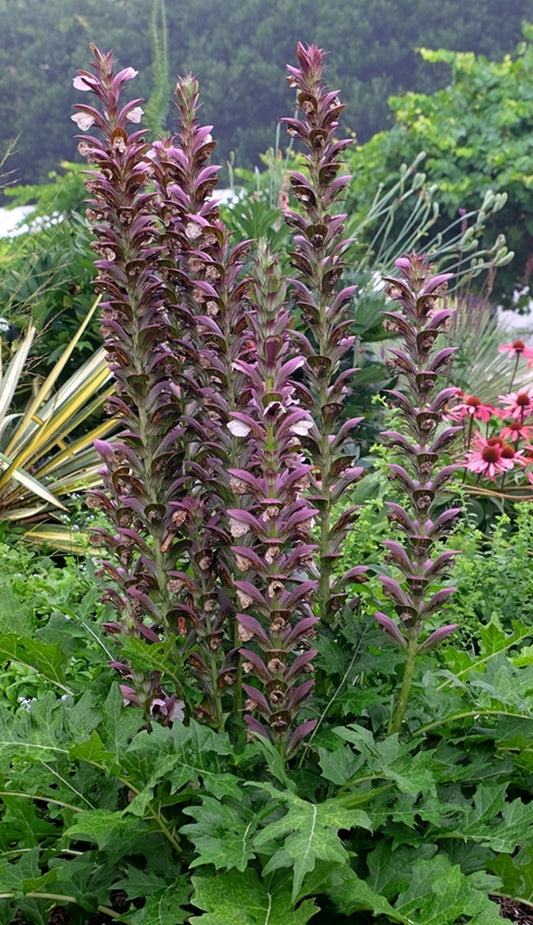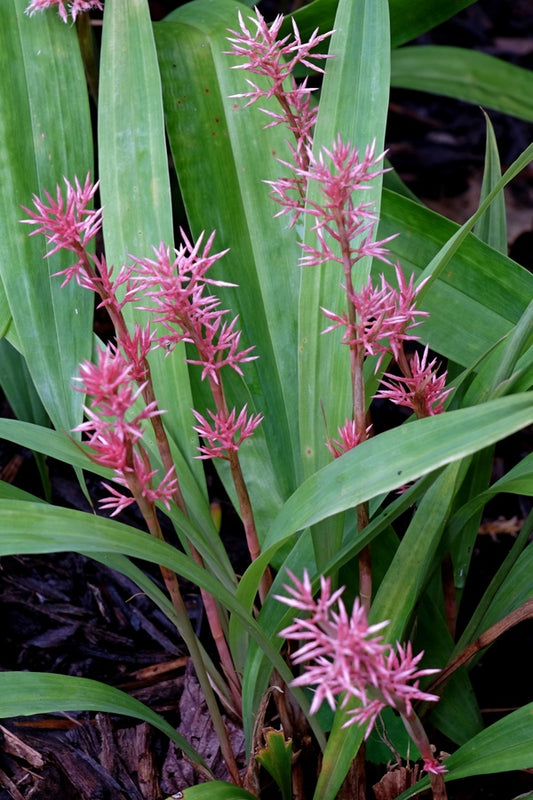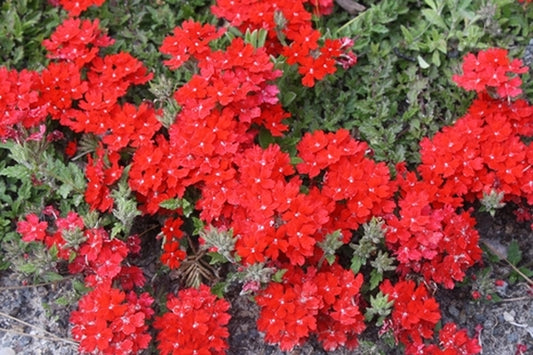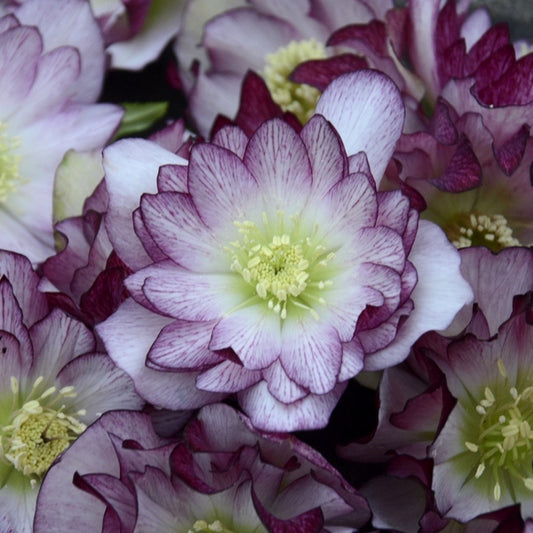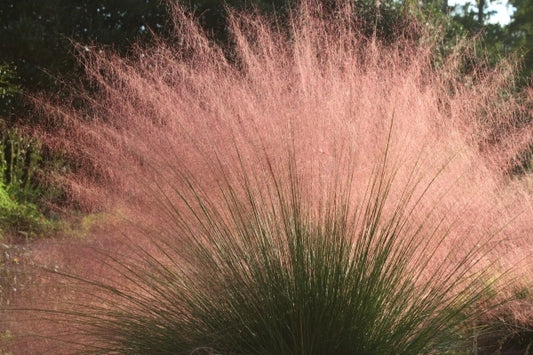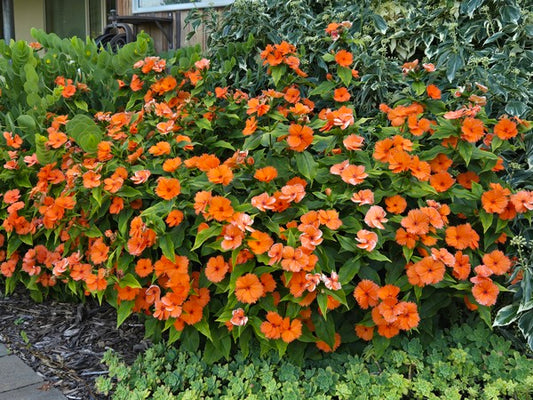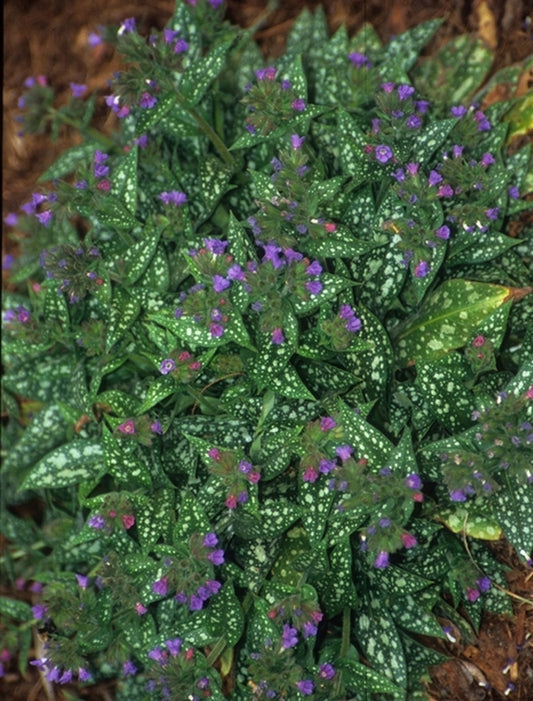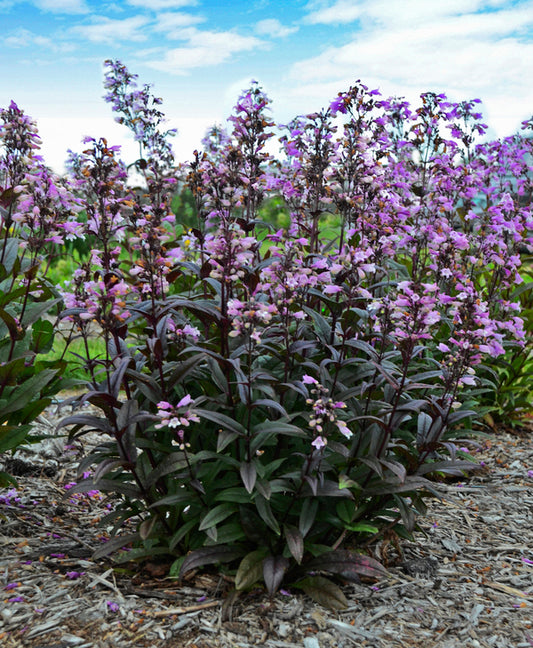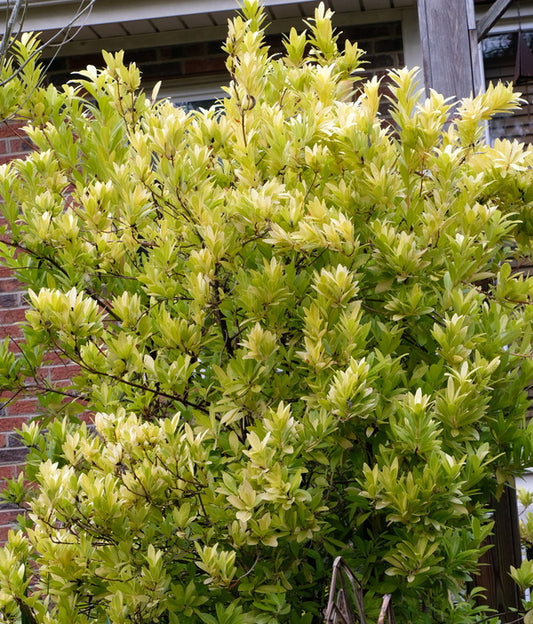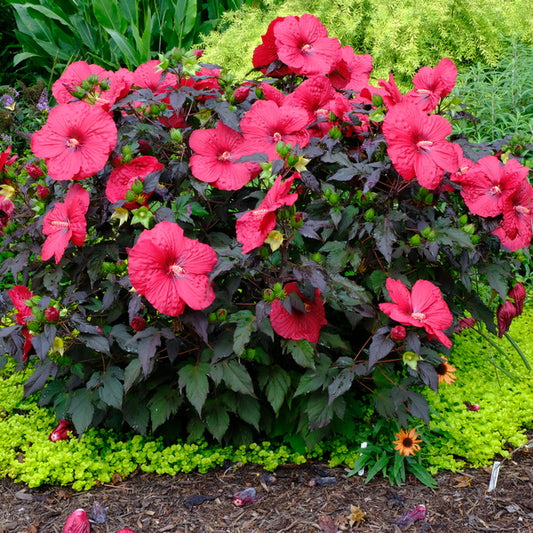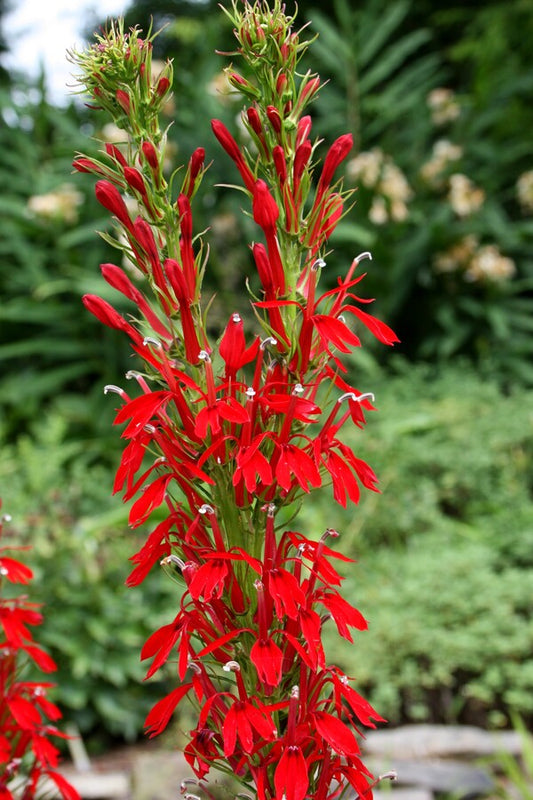Before shopping for plants based on your USDA Plant Hardiness Zone, please read our in-depth article about Plant Hardiness Zone Maps to understand their uses and their limitations.
Use the official USDA Hardiness Zone Map to determine your zone by zip code.
-
Salvia nutans
Item #: 11572
Zones: 5b to 8b, at least
Dormancy: Winter
Height: 48" tall
Culture: Sun to Part Sun
Origin: Balkans, Russia
Pot Size: 3.5" pot (24 fl. oz/0.7 L)
Regular price $22.00Regular priceUnit price per -
Alstroemeria 'Indian Summer'
Item #: 14362
Zones: 6a to 8b, at least
Dormancy: Winter
Height: 36" tall
Culture: Sun to Part Sun
Origin: Hybrid
Pot Size: 3.5" pot (24 fl. oz/0.7 L)
Regular price $29.00Regular priceUnit price per -
Asclepias incarnata 'Cinderella'
Item #: 388
Zones: 3a to 9b
Dormancy: Winter
Height: 50" tall
Culture: Sun
Origin: United States
Pot Size: 3.5" pot (24 fl. oz/0.7 L)
Regular price $22.00Regular priceUnit price per -
Salvia microphylla 'Hot Lips'
Item #: 5424
Zones: 6a to 9b
Dormancy: Evergreen
Height: 30" tall
Culture: Sun
Origin: Mexico
Pot Size: 3.5" pot (24 fl. oz/0.7 L)
Regular price $23.00Regular priceUnit price per -
Athyrium filix-femina 'Victoriae'
Item #: 2361
Zones: 3a to 8b
Dormancy: Winter
Height: 18" tall
Culture: Part Sun to Light Shade
Origin: Europe, United States
Pot Size: 3.5" pot (24 fl. oz/0.7 L)
Regular price $23.00Regular priceUnit price per -
Trillium underwoodii
Item #: 2973
Zones: 6a to 9b
Dormancy: Summer, Fall
Height: 8" tall
Culture: Part Sun to Light Shade
Origin: United States
Pot Size: 3.5" pot (24 fl. oz/0.7 L)
Regular price $37.00Regular priceUnit price per -
Musa basjoo
Item #: 3064
Zones: 7a to 10b, possibly colder
Dormancy: Winter
Height: 240" tall
Culture: Sun to Part Sun
Origin: China
Pot Size: 3 qt. (2.8 L)
Regular price $32.00Regular priceUnit price per -
Dionaea muscipula 'King Henry'
Item #: 3700
Zones: 5a to 9b
Dormancy: Winter
Height: 6" tall
Culture: Sun
Origin: United States
Pot Size: 3.5" pot (24 fl. oz/0.7 L)
Regular price $30.00Regular priceUnit price per -
Alcea rugosa
Item #: 4469
Zones: 3a to 8a
Dormancy: Winter
Height: 72" tall
Culture: Sun
Origin: Russia, Ukraine
Pot Size: 3.5" pot (24 fl. oz/0.7 L)
Regular price $21.00Regular priceUnit price per -
Athyrium 'Ghost'
Item #: 3881
Zones: 3a to 8b
Dormancy: Winter
Height: 30" tall
Culture: Part Sun to Light Shade
Origin: Hybrid
Pot Size: 3.5" pot (24 fl. oz/0.7 L)
Regular price $23.00Regular priceUnit price per -
Dicentra spectabilis 'Valentine' PP 22,739
Item #: 9243
Zones: 3a to 8b
Dormancy: Winter, Summer, Fall
Height: 24" tall
Culture: Part Sun to Light Shade
Origin: China, Korea
Pot Size: 3.5" pot (24 fl. oz/0.7 L)
Regular price $22.00Regular priceUnit price per -
Hibiscus 'Starry Starry Night' PP 27,901
Item #: 11952
Zones: 4a to 9b
Dormancy: Winter
Height: 48" tall
Culture: Sun to Part Sun
Origin: United States Hybrid
Pot Size: 3.5" pot (24 fl. oz/0.7 L)
Regular price $25.00Regular priceUnit price per -
Acanthus 'Mornings Candle'
Item #: 8933
Zones: 6a to 8b, at least
Dormancy: Winter
Height: 24" tall
Culture: Part Sun
Origin: Hybrid
Pot Size: 3.5" pot (24 fl. oz/0.7 L)
Regular price $27.00Regular priceUnit price per -
Carex scaposa
Item #: 12591
Zones: 7a to 9b, at least
Dormancy: Evergreen
Height: 12" tall
Culture: Light Shade
Origin: China, Vietnam
Pot Size: 3.5" pot (24 fl. oz/0.7 L)
Regular price $24.00Regular priceUnit price per -
Verbena peruviana
Item #: 1154
Zones: 6a to 10b
Dormancy: Evergreen
Height: 2" tall
Culture: Sun
Origin: Argentina, Brazil
Pot Size: 3.5" pot (24 fl. oz/0.7 L)
Regular price $20.00Regular priceUnit price per -
Helleborus x hybridus 'Blushing Bridesmaid'
Item #: 13122
Zones: 4a to 8b
Dormancy: Evergreen
Height: 18" tall
Culture: Part Sun to Light Shade
Origin: Hybrid
Pot Size: 3.5" pot (24 fl. oz/0.7 L)
Regular price $29.00Regular priceUnit price per -
Bletilla striata
Item #: 754
Zones: 6a to 9b
Dormancy: Winter
Height: 30" tall
Culture: Part Sun
Origin: Burma/Myanmar, China, Japan, Korea
Pot Size: 3.5" pot (24 fl. oz/0.7 L)
Regular price $29.00Regular priceUnit price per -
Muhlenbergia sericea (capillaris of Horticulture)
Item #: 2317
Zones: 6b to 10b, possibly colder
Dormancy: Winter
Height: 30" tall
Culture: Sun to Part Sun
Origin: United States
Pot Size: 3.5" pot (24 fl. oz/0.7 L)
Regular price $23.00Regular priceUnit price per -
Lychnis 'Orange Sherbet'
Item #: 7907
Zones: 5a to 9b, guessing
Dormancy: Winter
Height: 24" tall
Culture: Part Sun to Light Shade
Origin: China
Pot Size: 3.5" pot (24 fl. oz/0.7 L)
Regular price $24.00Regular priceUnit price per -
Pulmonaria 'Trevi Fountain'
Item #: 4872
Zones: 3a to 8b
Dormancy: Evergreen
Height: 11" tall
Culture: Part Sun to Light Shade
Origin: Hybrid
Pot Size: 3.5" pot (24 fl. oz/0.7 L)
Regular price $21.00Regular priceUnit price per -
Penstemon 'Blackbeard' PP 30,052
Item #: 12732
Zones: 3a to 8b
Dormancy: Evergreen
Height: 30" tall
Culture: Sun
Origin: United States Hybrid
Pot Size: 3.5" pot (24 fl. oz/0.7 L)
Regular price $21.00Regular priceUnit price per -
Illicium parviflorum 'Florida Sunshine'
Item #: 6945
Zones: 6a to 9b
Dormancy: Evergreen
Height: 96" tall
Culture: Part Sun to Light Shade
Origin: United States
Pot Size: 3.5" pot (24 fl. oz/0.7 L)
Regular price $27.00Regular priceUnit price per -
Hibiscus 'Holy Grail' PP 31,478
Item #: 13759
Zones: 4a to 9b
Dormancy: Winter
Height: 54" tall
Culture: Sun to Part Sun
Origin: United States Hybrid
Pot Size: 3.5" pot (24 fl. oz/0.7 L)
Regular price $25.00Regular priceUnit price per -
Lobelia cardinalis
Item #: 22
Zones: 3a to 9b
Dormancy: Evergreen
Height: 60" tall
Culture: Sun to Light Shade
Origin: United States
Pot Size: 3.5" pot (24 fl. oz/0.7 L)
Regular price $21.00Regular priceUnit price per
More Information About Plants for Zone 7
Zone 7a and Zone 7b Plants
Many of the perennial plants in our catalog are well-suited for Zones 7a or 7b. After all, Plant Delights Nursery and Juniper Level Botanic Garden are located in Zone 7b. Several of our favorite species of acanthus, achillea, agave, baptisia, bletilla, buddleia, carex, cyclamen, cypripedium, dianthus, echinacea, epimedium, hellebores, heuchera, hosta, iris, lycoris, monarda, muhlenbergia, paeonia, phlox, podophyllum, rhodophiala, rohdea, salvia, sarracenia, and trillium thrive in Zones 7a and 7b. Be sure to read how we assign hardiness zones to our plants.
The USDA Plant Hardiness Zone Map is based on the average annual minimum winter temperature, divided into 10-degree F zones. Each zone is then subdivided into 5-degree F sub-zones. Zone numbers increase as you move from north to south.
Zone 7a annual minimum winter temperatures should be 0 to 5 °F (-18 to -15 °C). Zone 7b annual minimum temperatures should be 5 to 10 °F (-15 to -12 °C). Keep in mind that the zone designation does not tell you how many days the area may reach those average minimums. There can also be a major difference between what plants will grow in the 'a' or 'b' sub-zones.


